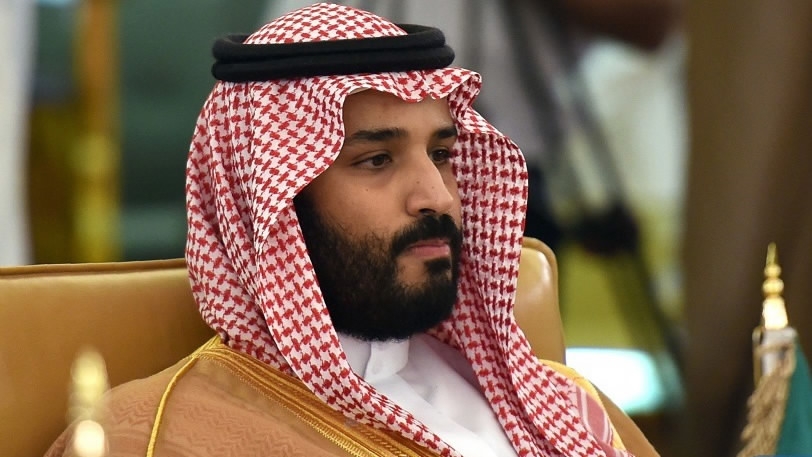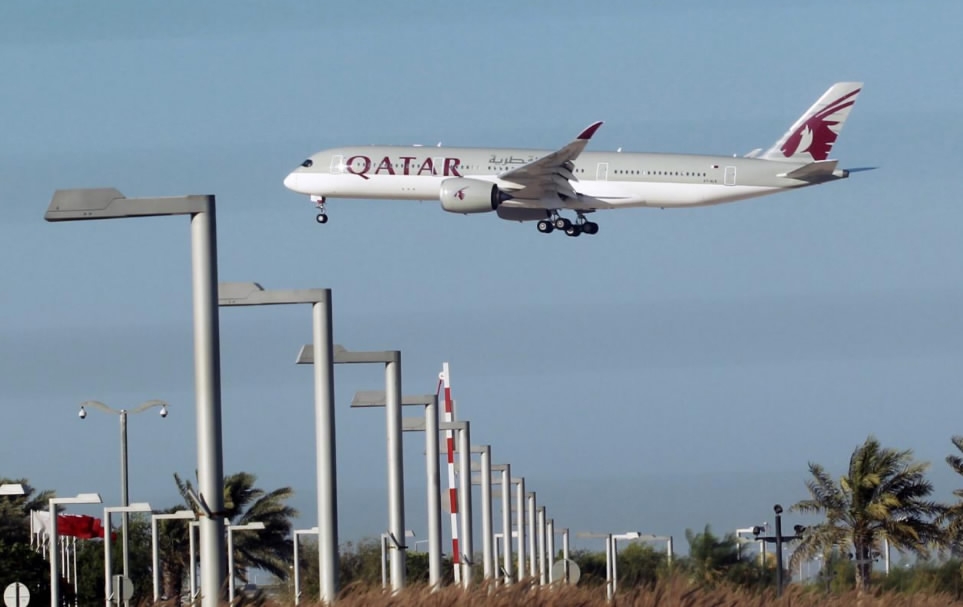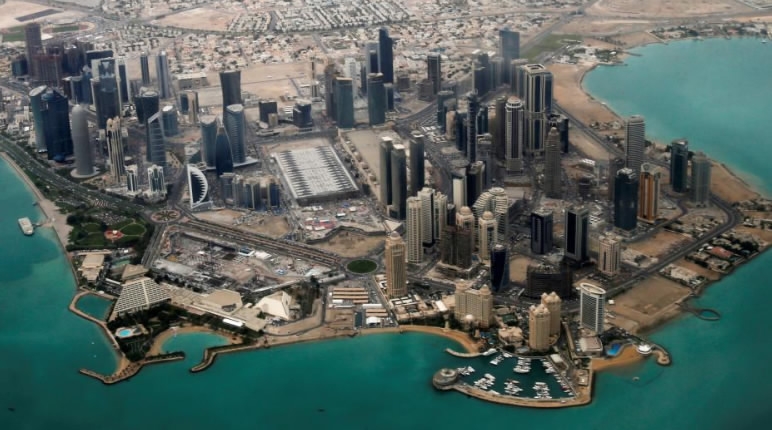
Politics
12:55, 23-Nov-2017
Arab states blacklist groups, individuals in Qatar boycott
CGTN

The four Arab countries boycotting Qatar added 11 more individuals and two entities, including a major group of Islamist scholars, to their "terrorist" blacklists for the Gulf state, Saudi state news agency SPA reported on Thursday.
The lists now include the Qatar-based International Union of Muslim Scholars (IUMS) which was formed in 2004 mostly by clerics belonging to the Muslim Brotherhood and is chaired by the influential Sheikh Youssef al-Qaradawi.
A statement issued by Saudi Arabia, Egypt, the United Arab Emirates (UAE) and Bahrain said they also blacklisted the International Islamic Council (IIC).

A Qatar Airways plane is seen in Doha, Qatar June 5, 2017. /Reuters Photo
A Qatar Airways plane is seen in Doha, Qatar June 5, 2017. /Reuters Photo
"The two entities listed are two terrorist organizations that promote terrorism by using Islamic rhetoric as a cover to facilitate terrorist activities," the statement said.
The move deepened the rift between the four countries and Qatar, the world's top gas exporter and host to the biggest US military base in the Middle East. The countries cut ties with Qatar in June, accusing it of financing militants in Syria and allying with Iran, their regional foe.
The Saudi-led quartet also added 11 individuals to their lists, including the acting Brotherhood leader Mahmoud Ezzat Ibrahim.

An aerial view of Doha's diplomatic area. /Reuters Photo
An aerial view of Doha's diplomatic area. /Reuters Photo
The Muslim Brotherhood movement led the Arab Spring protests in 2011 that toppled some leaders in the Middle East and North Africa. The Gulf States' rulers see the group, whose political ideology challenges the principle of dynastic rule, as a security threat.
The IUMS membership includes the Saudi cleric Salman al-Awdah, who was arrested by Saudi authorities in September, the Tunisian Rached Ghannouchi, head of the Ennahda party, and Moroccan scholar Ahmed Raissouni.
Mediation efforts of the Qatar crisis led by Kuwait and shuttle diplomacy by Western officials, including US Secretary of State Rex Tillerson, have failed to end what has become the worst rift between Gulf Arab states in years.
Source(s): Reuters

SITEMAP
Copyright © 2018 CGTN. Beijing ICP prepared NO.16065310-3
Copyright © 2018 CGTN. Beijing ICP prepared NO.16065310-3